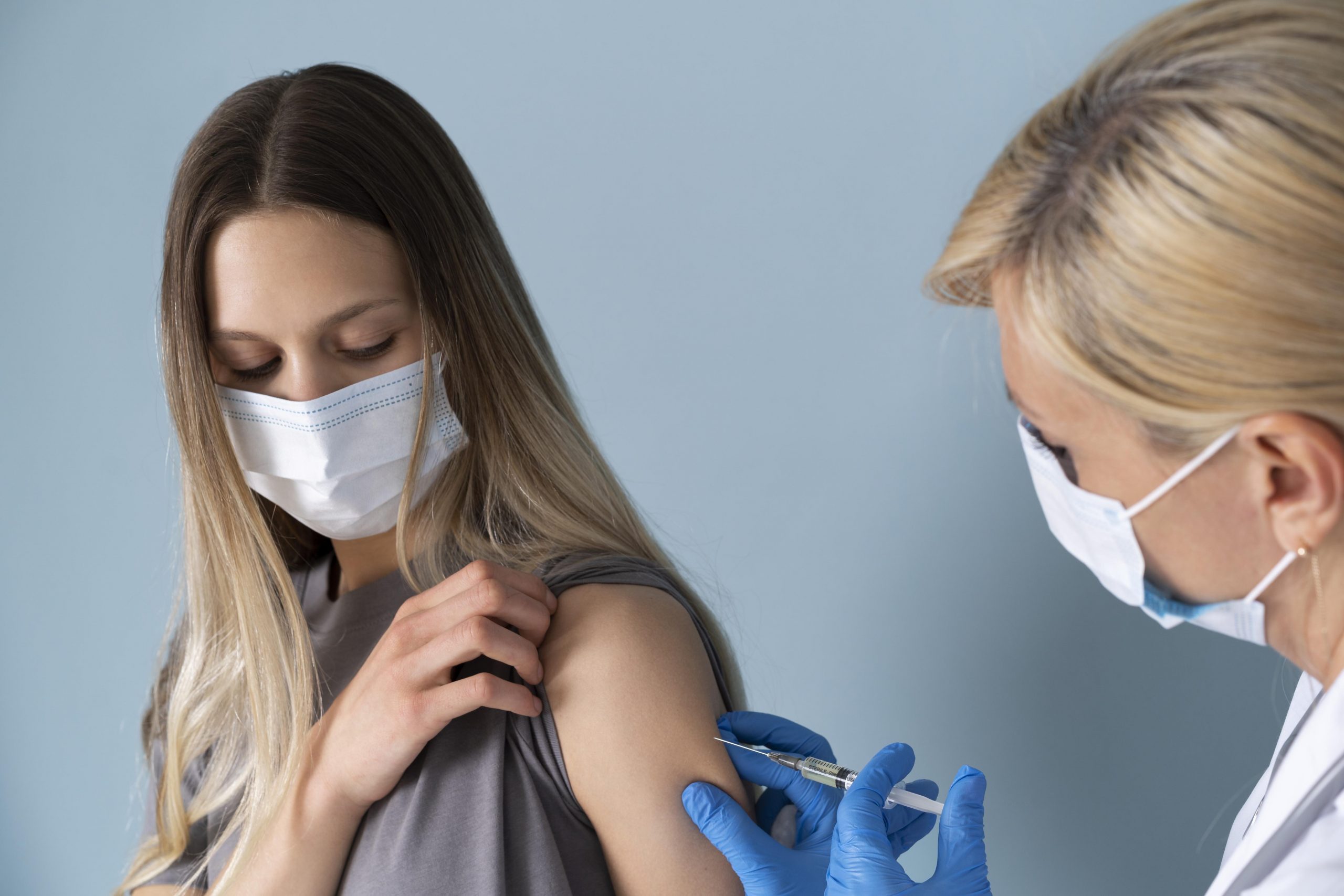

Post COVID-19 vaccination side effects were encountered by individuals in Denmark encompassing weariness, elevated temperatures, and tiredness. Although severe manifestations like facial paralysis and allergic responses are infrequent, it’s worth noting that alterations in menstrual cycles were reported by 30% of menstruating women.
Recently, Aarhus University unveiled a duo of fresh investigations exploring the aftermath of COVID-19 vaccination. Both inquiries are rooted in the Danish BiCoVac assembly, affording the capacity to research a substantial segment of the Danish populace.
The initial study, published in the Vaccine journal, delved into the immediate aftermath of the COVID-19 vaccination. Following the initial minuscule injection administered in the shoulder region, it was observed that roughly 20% of individuals encountered soreness and reddening at the injection site. Subsequent doses, specifically the second and third injections, brought about fatigue as the predominant COVID-19 vaccination side effects, with occurrence rates of 22% and 14%, respectively.
The study’s findings revealed that prevalent reactions like unease, elevated temperature, and tiredness stand as some of the most commonly recounted consequences in Denmark after receiving the COVID-19 vaccine. Conversely, the occurrence of more severe responses like facial paralysis and allergic reactions was comparatively lower.
“Women, people between the ages of 25-35 and people who had COVID-19 prior to being vaccinated reported experiencing side effects more frequently than men, the elderly and people who had not previously had COVID-19,” says Kristoffer Torp Hansen, first author of the study and research assistant at the Department of Public Health.
The outcomes also reveal variations in immediate side effects contingent upon the type of vaccine administered.
For those who received the AstraZeneca vaccine, a higher occurrence of side effects was noted following the initial dosage when compared with individuals who received other vaccines.
In the case of the Moderna vaccine, individuals experienced a greater frequency of COVID-19 vaccination side effects after the second and third doses, in contrast to those who were administered the Pfizer-BioNTech vaccine.
Post COVID-19 Vaccination – Contributing Factors to Reported Menstrual Changes
The second study highlighted that 30% of women undergoing menstruation reported modifications in their menstrual cycle subsequent to receiving the COVID-19 vaccination.
Through their investigation, the researchers scrutinized potential factors that might contribute to these changes. They ascertained that widely acknowledged triggers of menstrual fluctuations – such as stress, age, and smoking, could be associated with the reported cycle changes post COVID-19 vaccination.
“We also found that women who had been concerned about the COVID-19 vaccine, who had had a severe COVID-19 infection or who reported experiencing several reactions to the vaccine were more likely to report menstrual changes after vaccination,” says Christina Bisgaard Jensen, Ph.D. student at the Department of Public Health, the first author of the study, just published in Human Reproduction.
“Changes in the menstrual cycle are not uncommon, and we cannot rule out that, for some people, the reported menstrual changes occurred randomly in temporal relation to the vaccination,” says Christina Bisgaard Jensen, who clarifies that the study is not reliable to identify a direct correlation between COVID-19 vaccination and any reported menstrual changes.
“Further studies are needed to establish causal relationships and the clinical significance of self-reported menstrual changes,” she says.
more recommended stories
 Texas Medical Board Releases Abortion Training for Physicians
Texas Medical Board Releases Abortion Training for PhysiciansKey Takeaways Texas Medical Board has.
 Safer Allogeneic Stem Cell Transplants with Treg Therapy
Safer Allogeneic Stem Cell Transplants with Treg TherapyA new preclinical study from the.
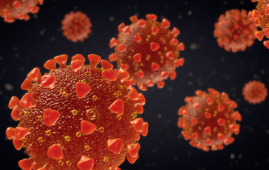 Study Reveals Cold May Impact SARS-CoV-2 Infection Rates
Study Reveals Cold May Impact SARS-CoV-2 Infection RatesThe Unexpected Protective Role of Rhinoviruses.
 Autoimmune Disorders: ADA2 as a Therapeutic Target
Autoimmune Disorders: ADA2 as a Therapeutic TargetAdenosine deaminase 2 (ADA2) has emerged.
 Heart, Lung, & Brain Risks Persist in COVID-19 Survivors
Heart, Lung, & Brain Risks Persist in COVID-19 SurvivorsA French nationwide study reveals that.
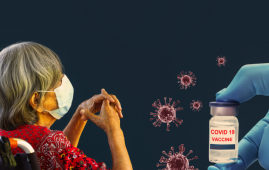 How COVID-19 and Vaccines Differ in Heart Inflammation
How COVID-19 and Vaccines Differ in Heart InflammationA team of international researchers led.
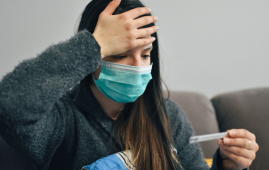 Long COVID: Extended Paxlovid Treatment Offers Hope
Long COVID: Extended Paxlovid Treatment Offers HopeA new case series by UC.
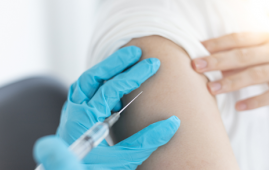 RSV Vaccine Response in Immunocompromised Adults
RSV Vaccine Response in Immunocompromised AdultsAccording to Johns Hopkins Medicine researchers,.
 Kaempferol: A Breakthrough in Allergy Management
Kaempferol: A Breakthrough in Allergy ManagementKaempferol, a dietary flavonoid found in.
 Early Milk Cereal Drinks May Spur Infant Weight Gain
Early Milk Cereal Drinks May Spur Infant Weight GainNew research published in Acta Paediatrica.

Leave a Comment